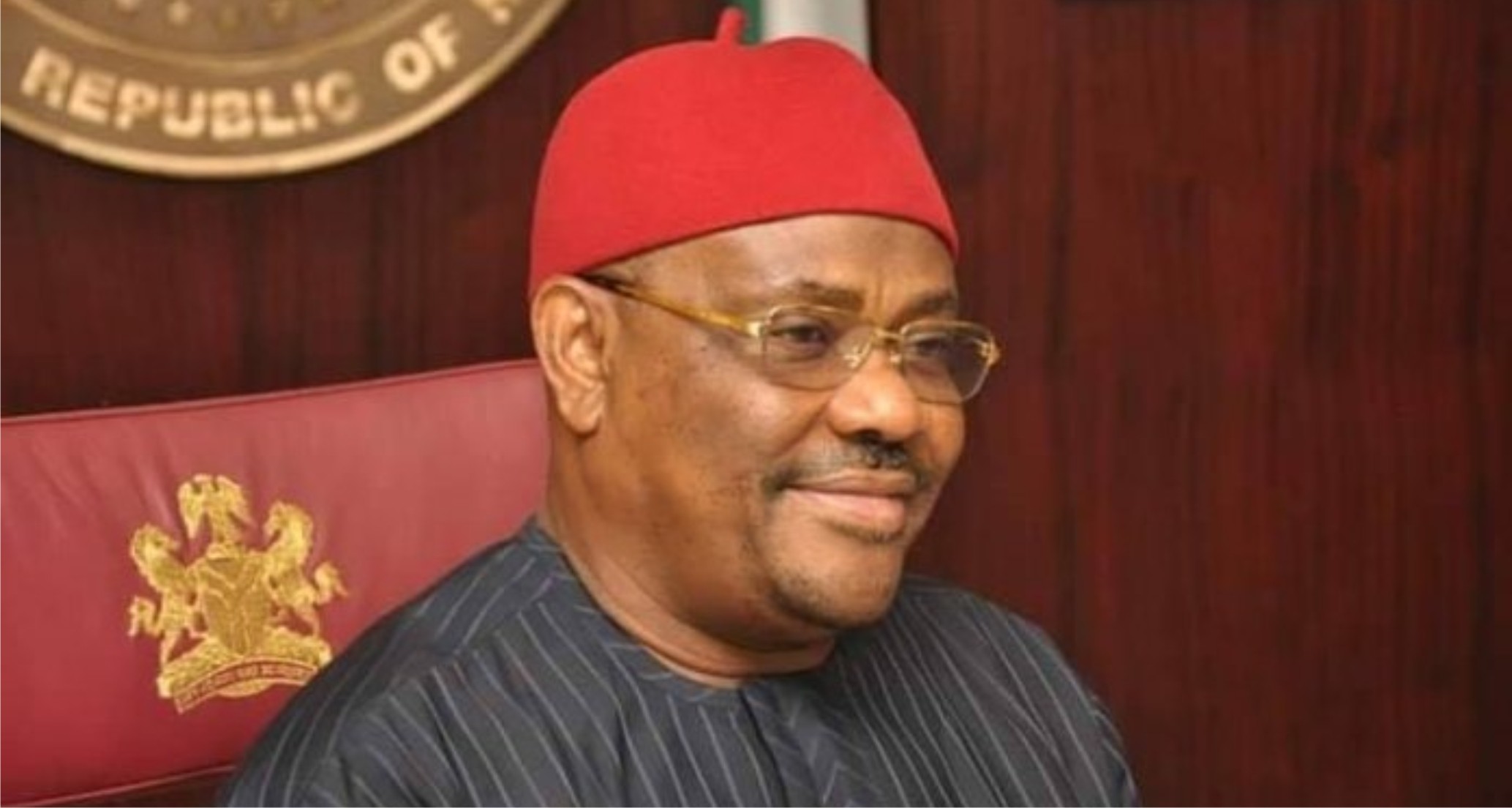Editorial
FG, Refund Projects’ Fund To RSG, Now

Rivers State Governor, Chief Nyesom Wike, while receiving Rivers State traditional rulers on solidarity visit to the Government House recently, disclosed that the Federal Government has refused to refund monies to the state which it used to execute federal projects. He also stated that funds accruing to the state from Pay-As-You-Earn (PAYEE) tax of Federal workers in the state have not been remitted.
According to him, “of all the 36 states of the Federation, it is only Rivers State that they refused to refund resources used to execute federal projects. Rivers State is also the only state that they refused to return PAYEE funds that accrued to the state”.
We are at a loss to understand why Rivers State will be singled out for this discrimination. In fact, that it is only Rivers State in the whole federation that has not been considered for refund of resources expended on federal government projects smacks of clear-cut victimisation.
However, we do not want to hurry into conclusion that the Federal Government, or its agents, have decided to place politics above due process and justice in matters concerning the state, especially, its resources and well-being. That is why we want to give President Muhammadu Buhari and his APC-led administration the benefit of doubt. The Federal Government is therefore, urged to take a dispassionate look at the claims of Rivers State, particularly, as it affects resources expended on its behalf and others accruing to the state and do the needful.
It is on record that previous administrations in the state and other parts of the country had, at different times, undertaken projects that ought to have been Federal Government’s responsibility and were duly refunded after due assessment and reconciliations.
That, we believe is the practice and the way to go to appreciate the efforts of the state government assisting the Federal Government to take care of its statutory responsibility.
That the current administration in the state has intervened robustly and fixed many federal projects in the state, particularly roads, is not in doubt. From the Port Harcourt-Owerri Federal Road, Port Harcourt-Aba Road, Port Harcourt-Refinery-Onne Road to Federal roads within the City of Port Harcourt, Ikwerre, Azikiwe and Aggrey Roads, among others, the evidences abound.
Infact, that the state has spent scarce funds running into billions of naira that could have been applied to other pressing needs and concerns of the state calls for the Federal Government to expedite action on the refunds.
The Tide thinks that the Federal Government, rather than victimising or punishing the state, should see it as a partner in nation building and encourage it to do more for the greater good of the people.
We believe that despite party affiliations, political leanings and latent personal interests of the current federal administration or its members, Rivers State remains a major stakeholder in the country and should neither be singled out for persecution nor denied her dues.
The refund of such entitlements to the state, as soon as possible, would certainly go a long way to calm frayed nerves and assure the state that President Buhari’s administration is not engineering any deliberate campaign to squeeze, intimidate, or cripple its finances.
We, however, believe that the President, as a statesman and leader who sees the entire Nigeria as his constituency, has a listening ear. It is expected that, in the interest of progress, equity and justice, he would direct the authorities concerned to effect, without delay, the disbursement of all funds due Rivers State.
That is the only gesture, we think, that will change the negative impressions the body language, actions and inactions of the Federal Government have already instilled in the minds of stakeholders, particularly Rivers people.
It will be regrettable if the state is deliberately targetted and the people made to feel isolated for reasons that may be seen as being orchestrated by partisan considerations. Petty politics and witch hunting ought not to be the hallmarks of good goverance.
It is expected, therefore, that the Federal Government will take immediate action to ensure that all that is due Rivers State, especially, refund on federal projects executed and funds from PAYEE tax of federal workers in the state are processed and released.
While we call on the Federal Government and expect it to do the needful, the State Government should not relent in tackling infrastructure decay as long as it has implications for the well-being of Rivers people.
Editorial
As NDG Ends Season 2

Editorial
Beginning A New Dawn At RSNC

Editorial
Sustaining OBALGA’s Ban On Street Trading

-

 Education4 days ago
Education4 days agoElga boss tasks law students on academics strides
-

 News1 day ago
News1 day agoAmend Constitution To Accommodate State Police, Tinubu Tells Senators
-

 Politics1 day ago
Politics1 day agoSenate Urges Tinubu To Sack CAC Boss
-

 News1 day ago
News1 day agoDisu Takes Over As New IGP …Declares Total War On Corruption, Impunity
-
Business1 day ago
President Tinubu Extends Raw Shea Nuts Export Ban To 2027
-
Business1 day ago
Crisis Response: EU-project Delivers New Vet. Clinic To Katsina Govt.
-

 Business1 day ago
Business1 day agoPENGASSAN Rejects Presidential EO On Oil, Gas Revenue Remittance … Seeks PIA Review
-
Business1 day ago
FG Pushes Cassava Bioethanol Drive To Boost Industrial Growth

